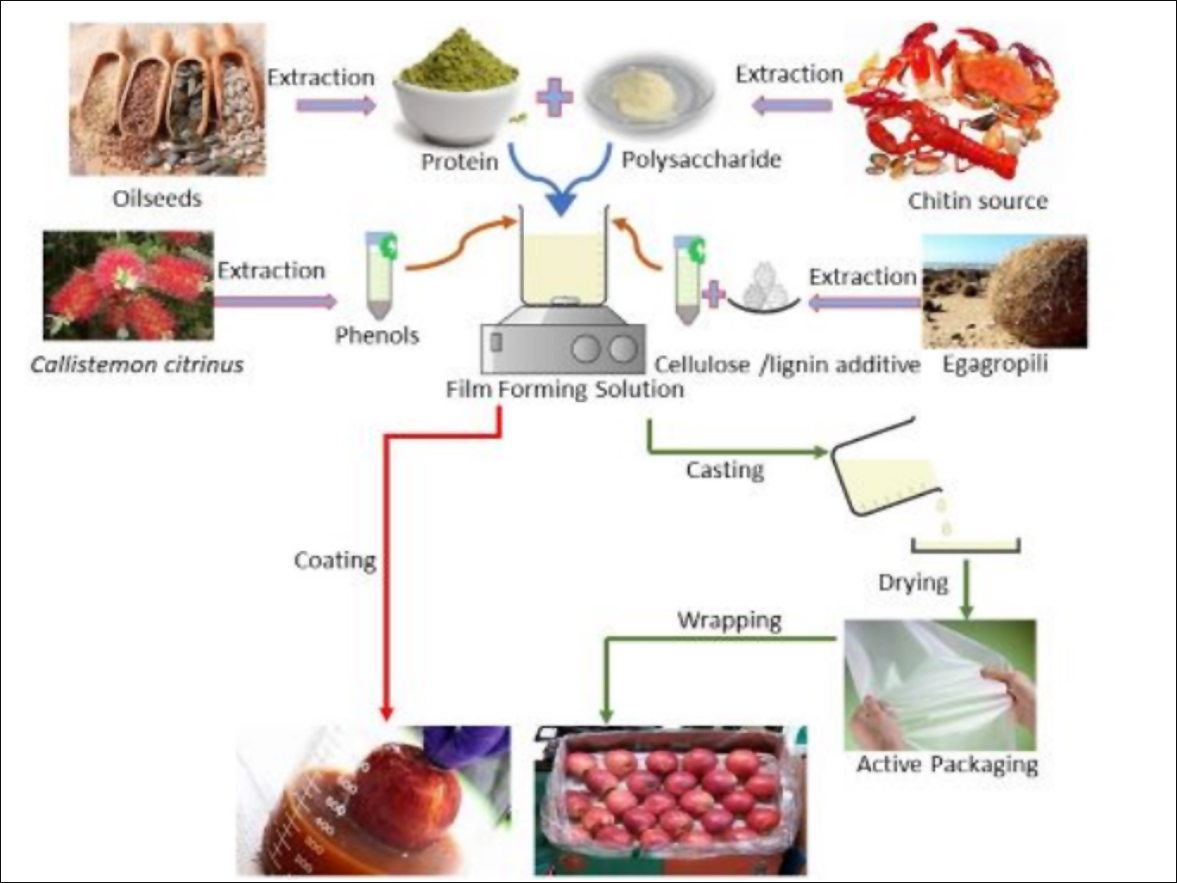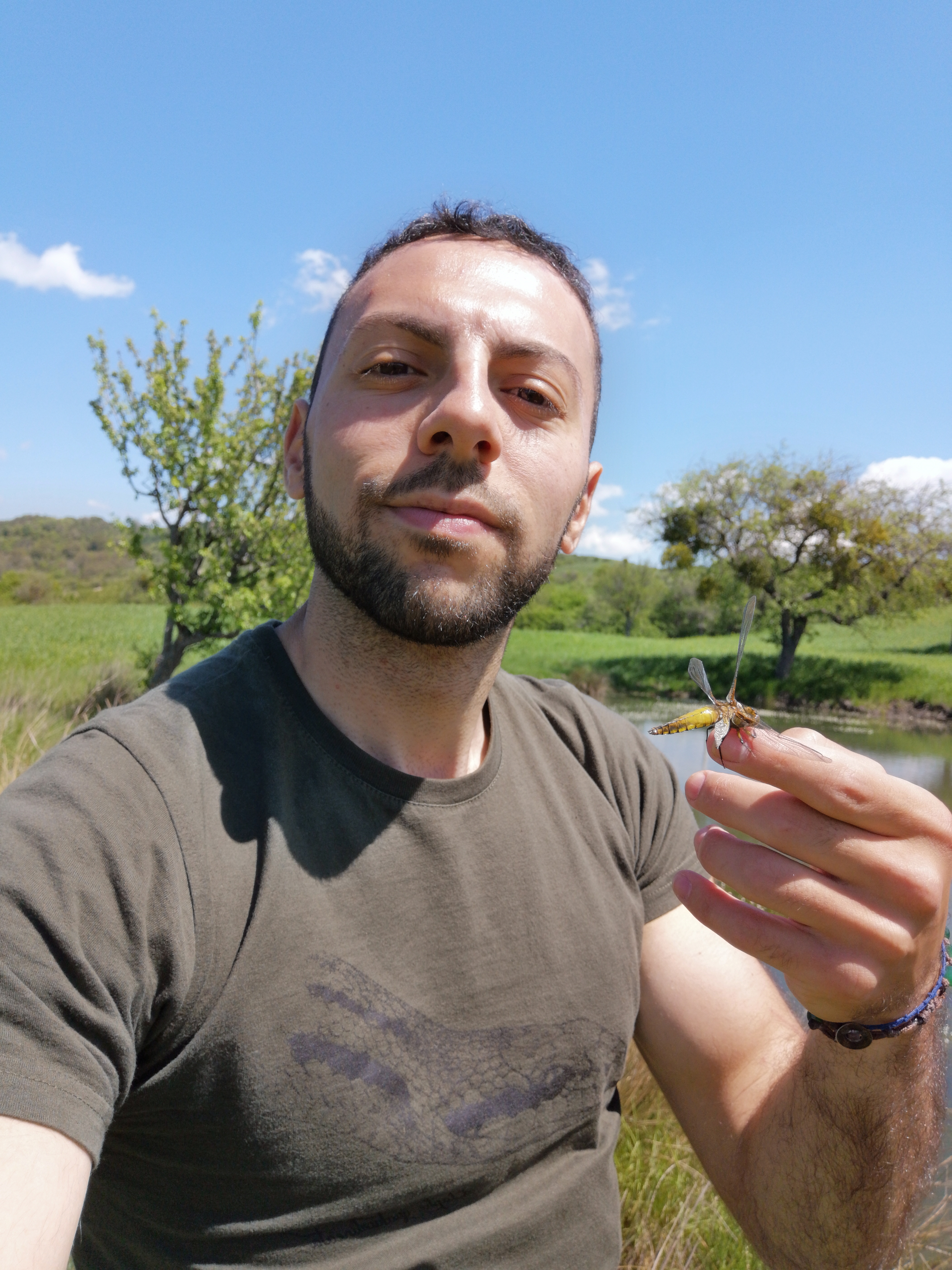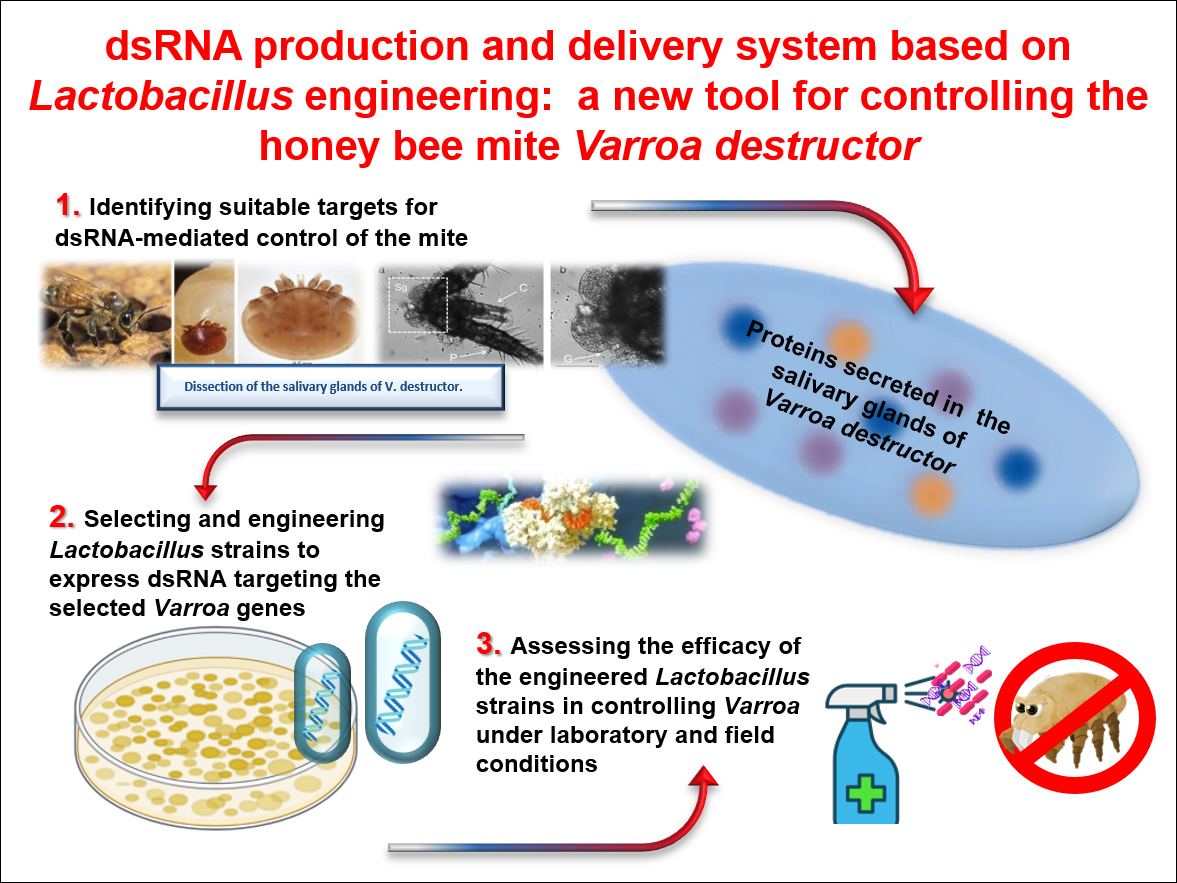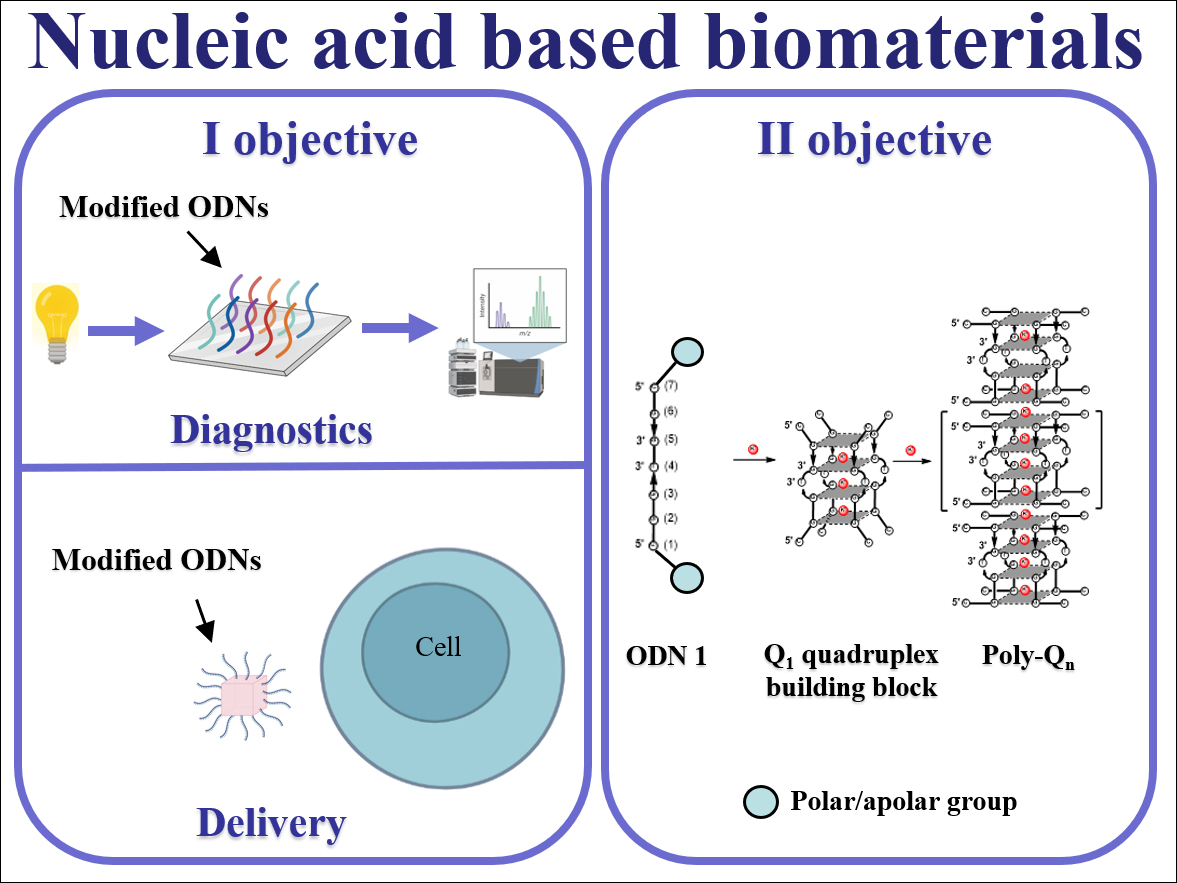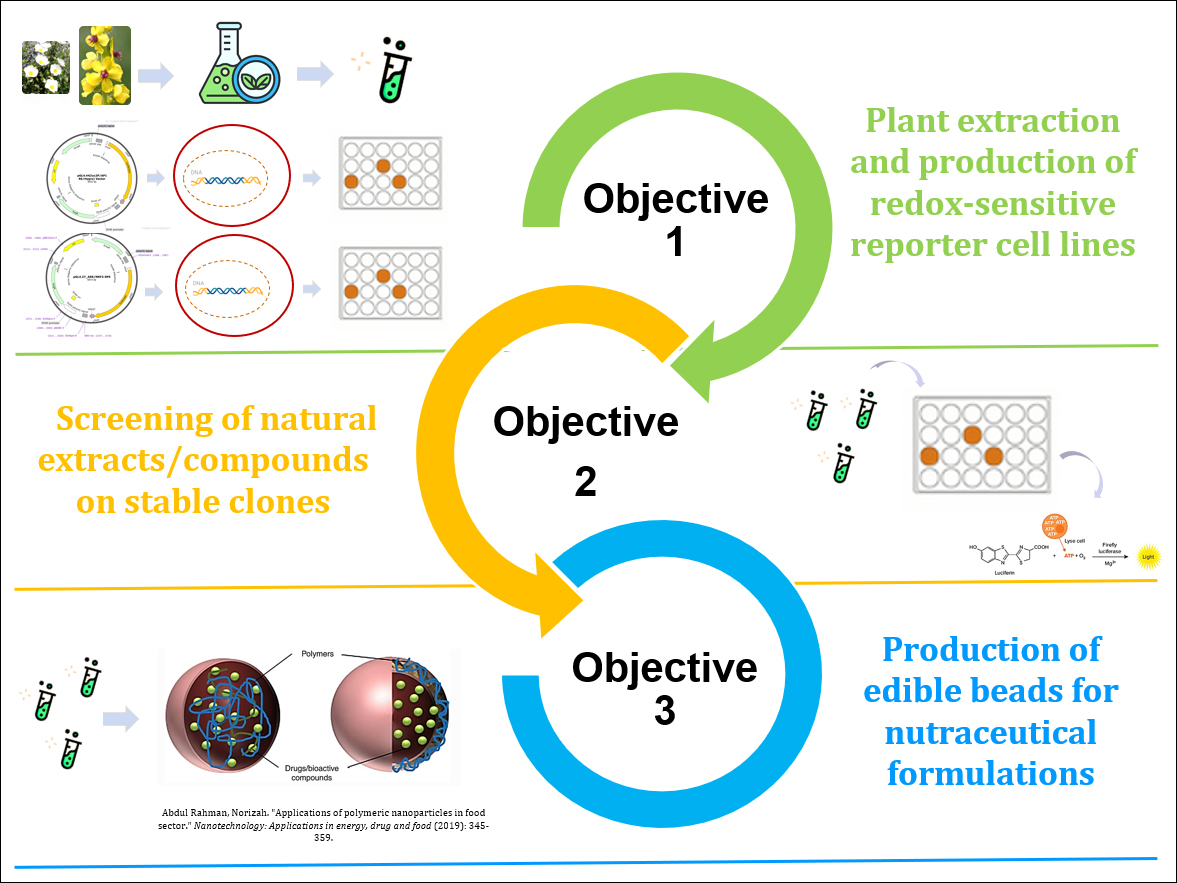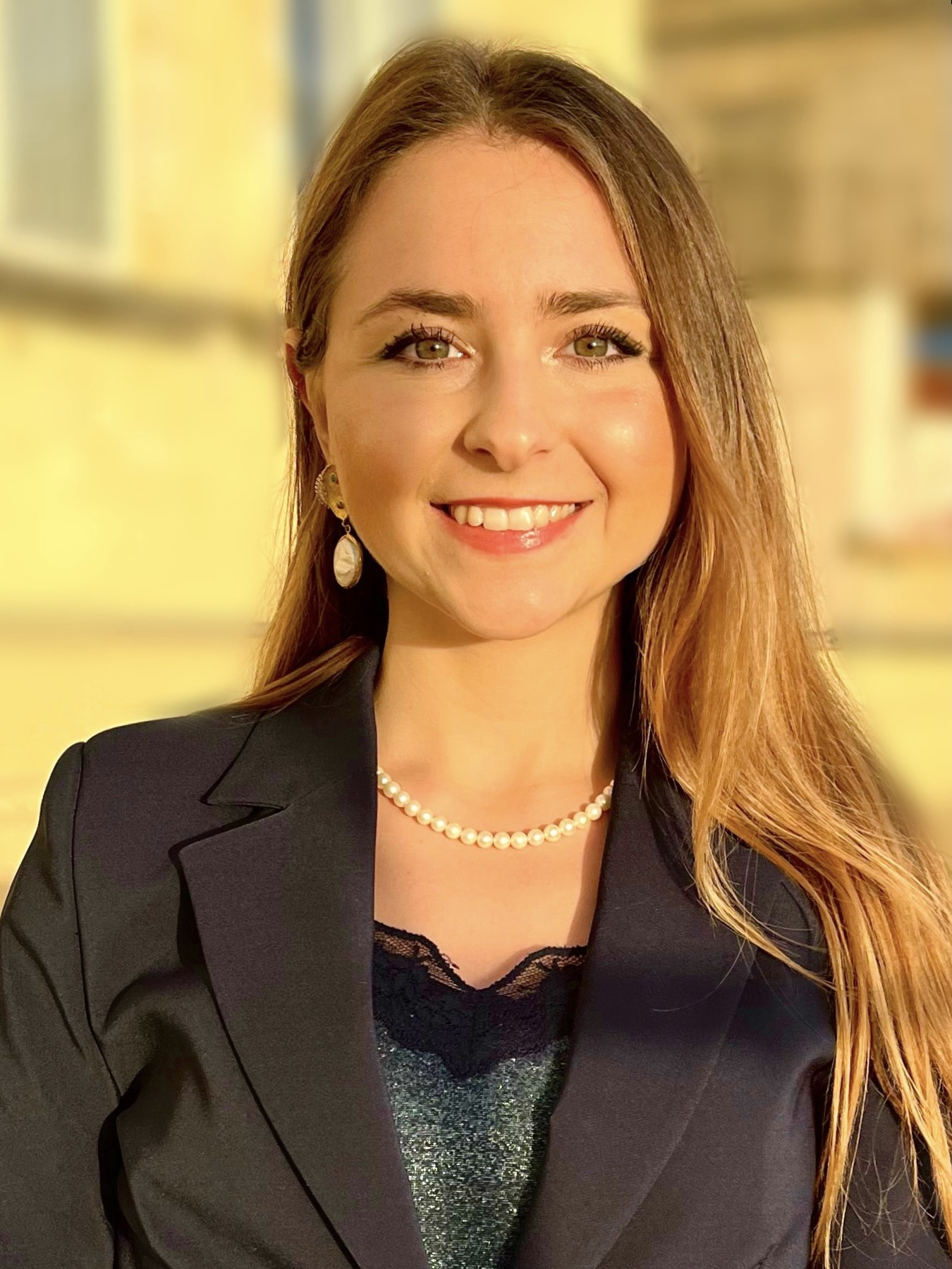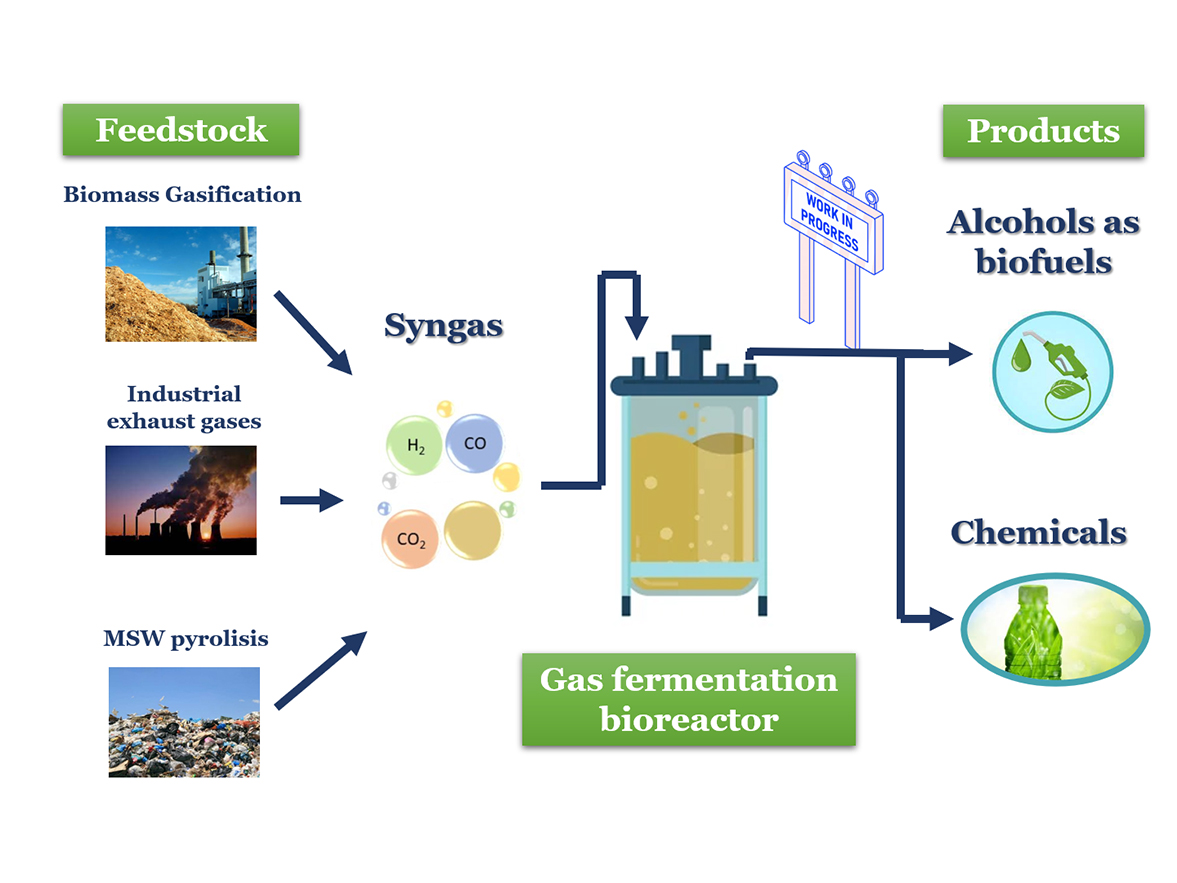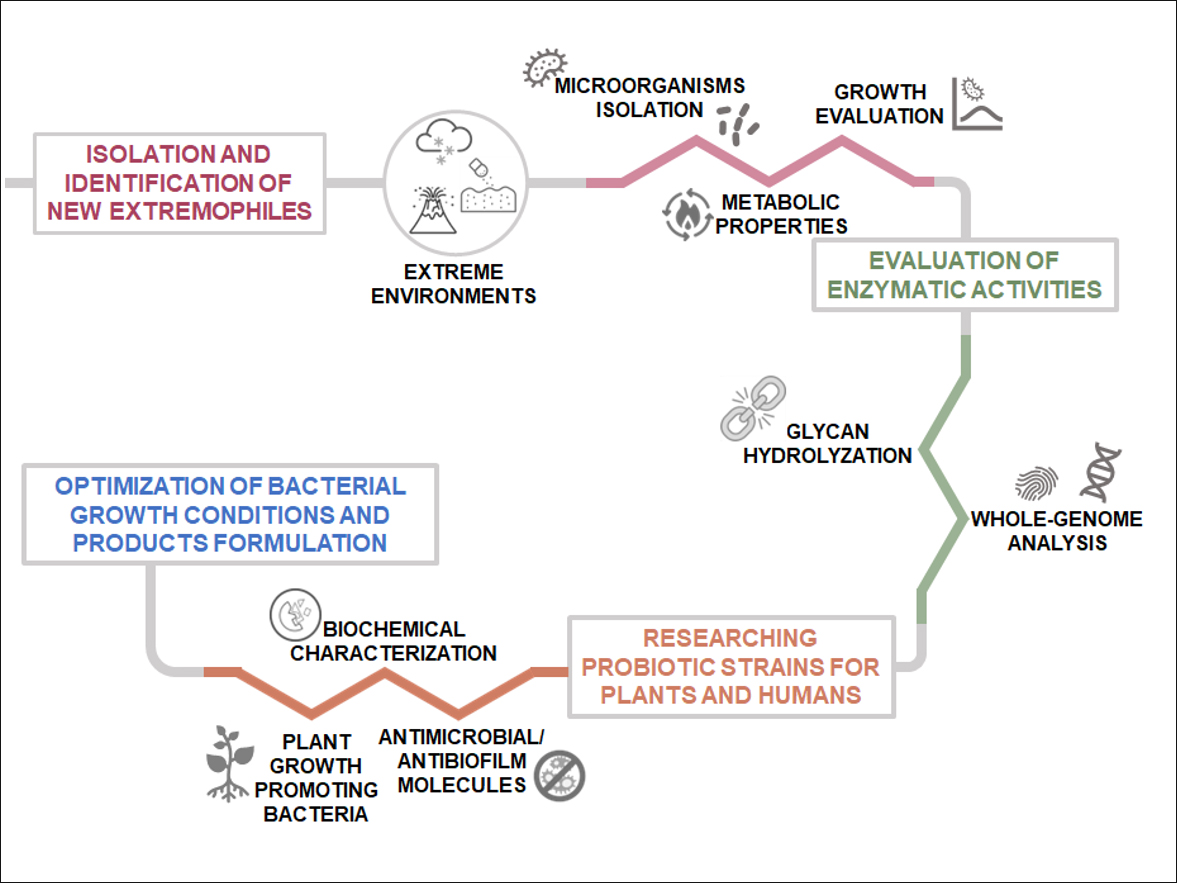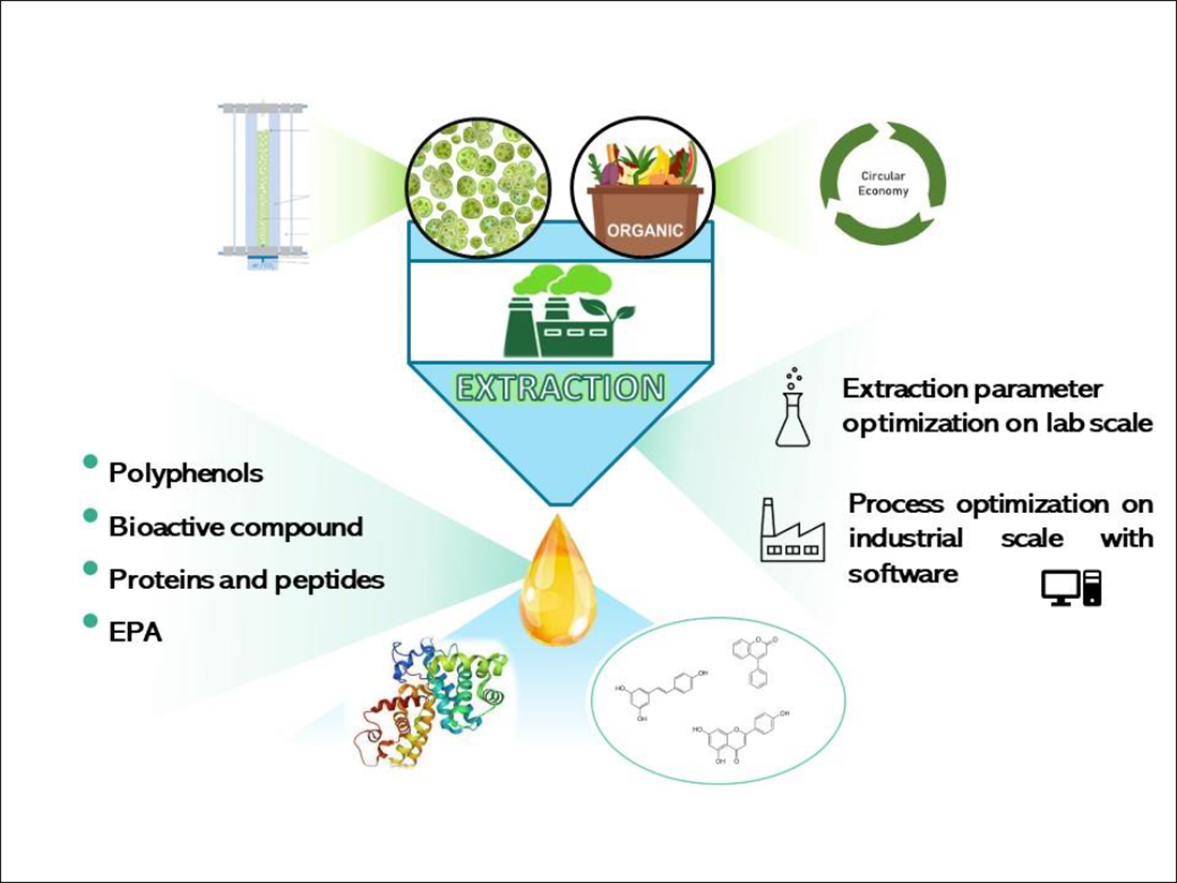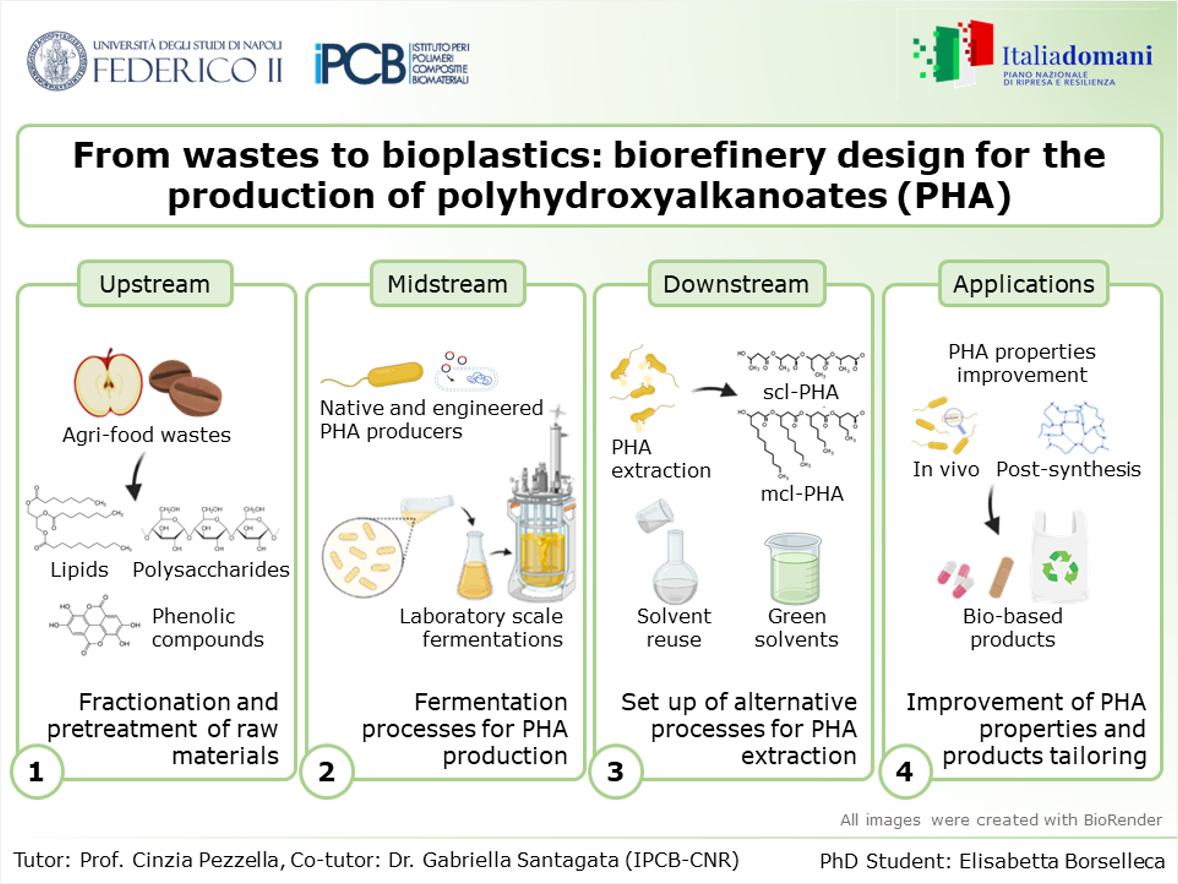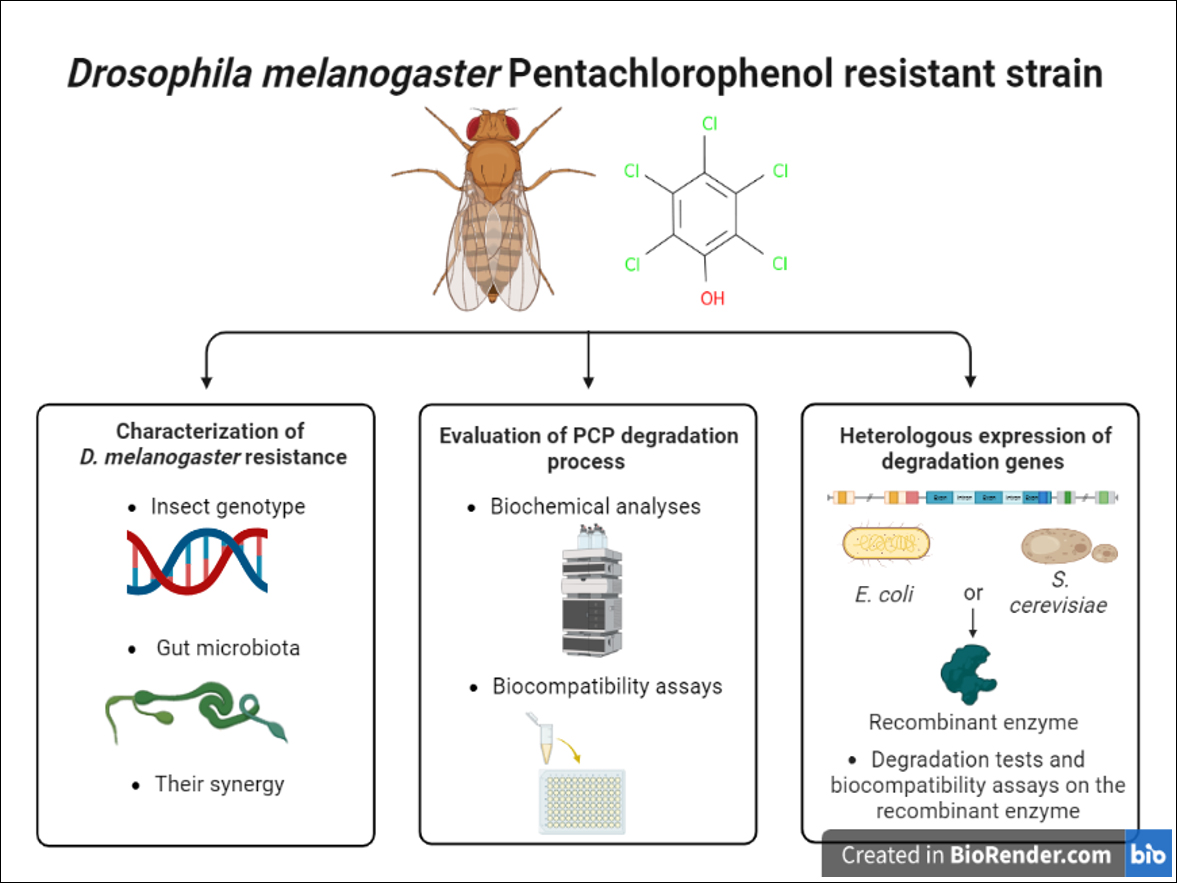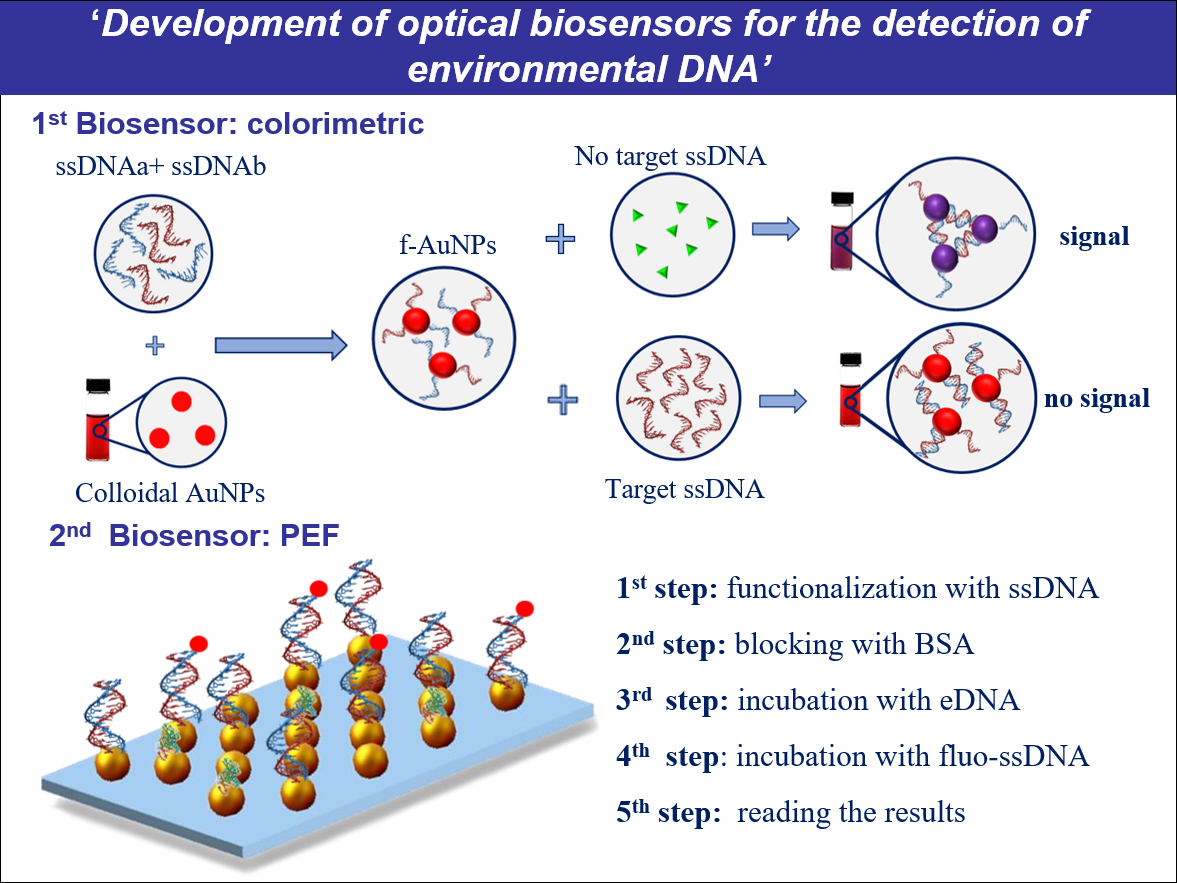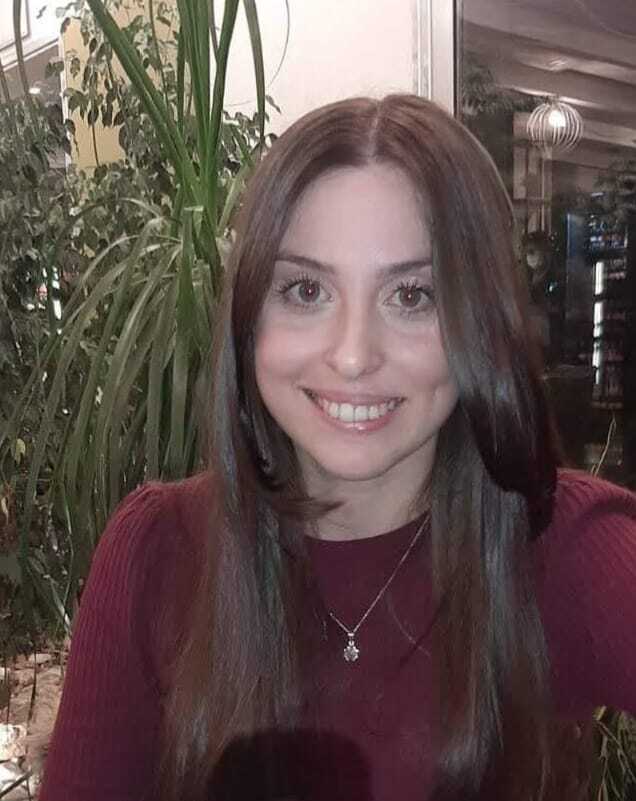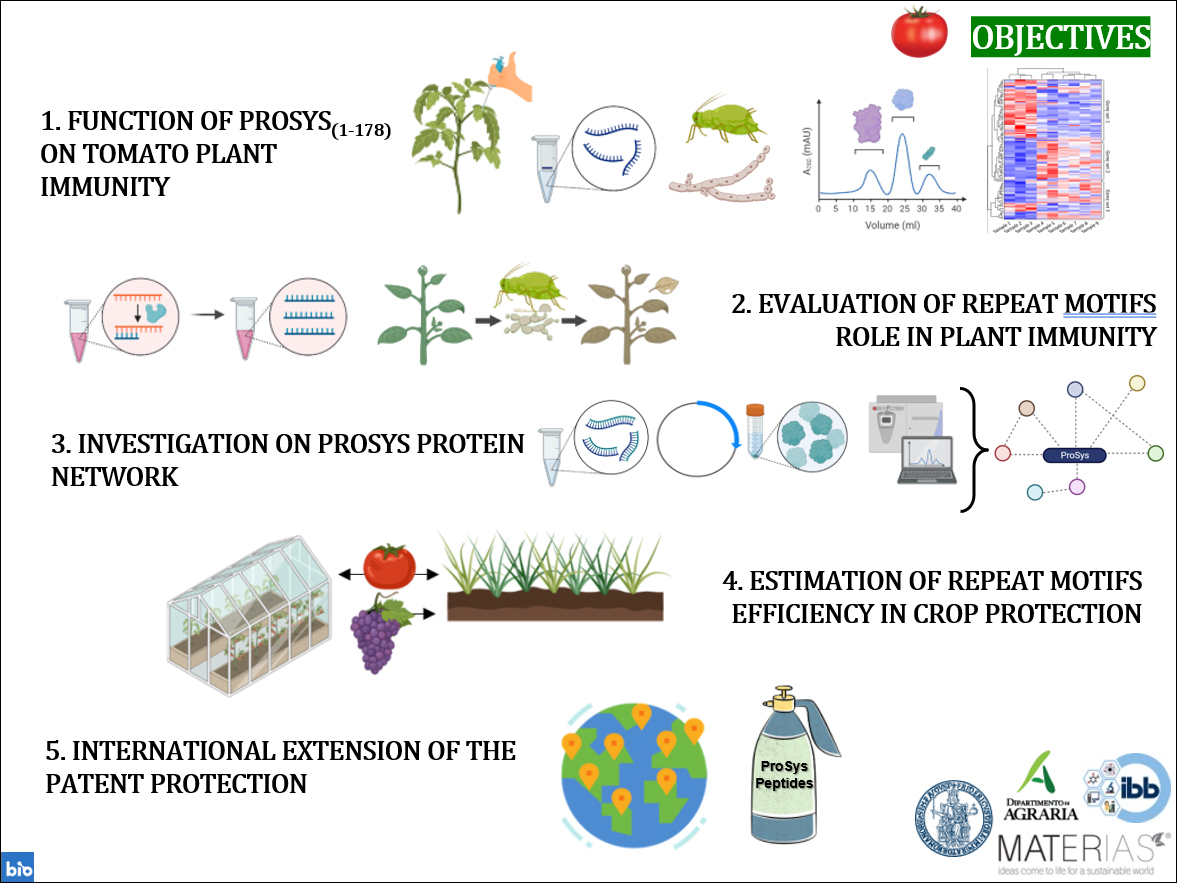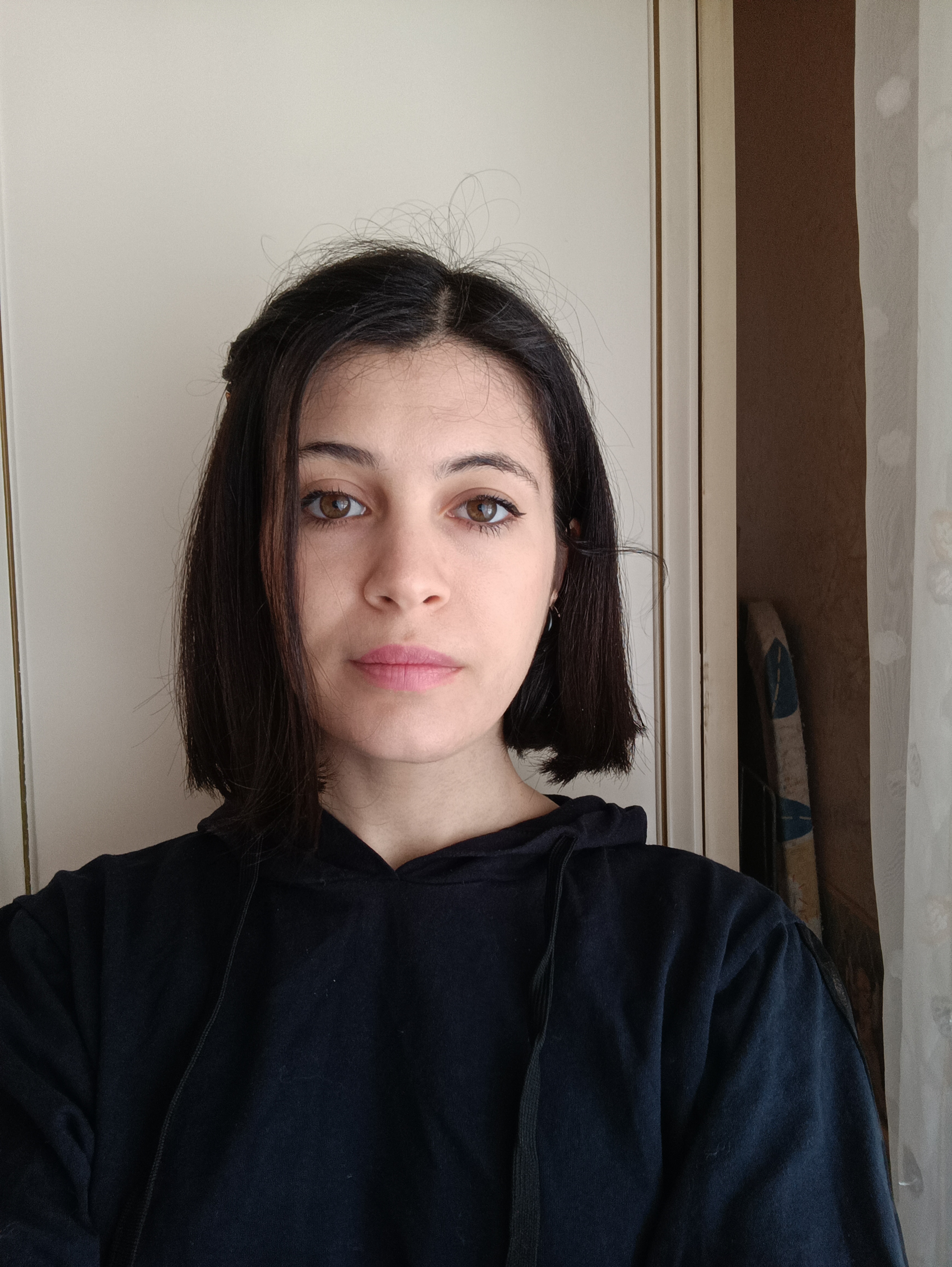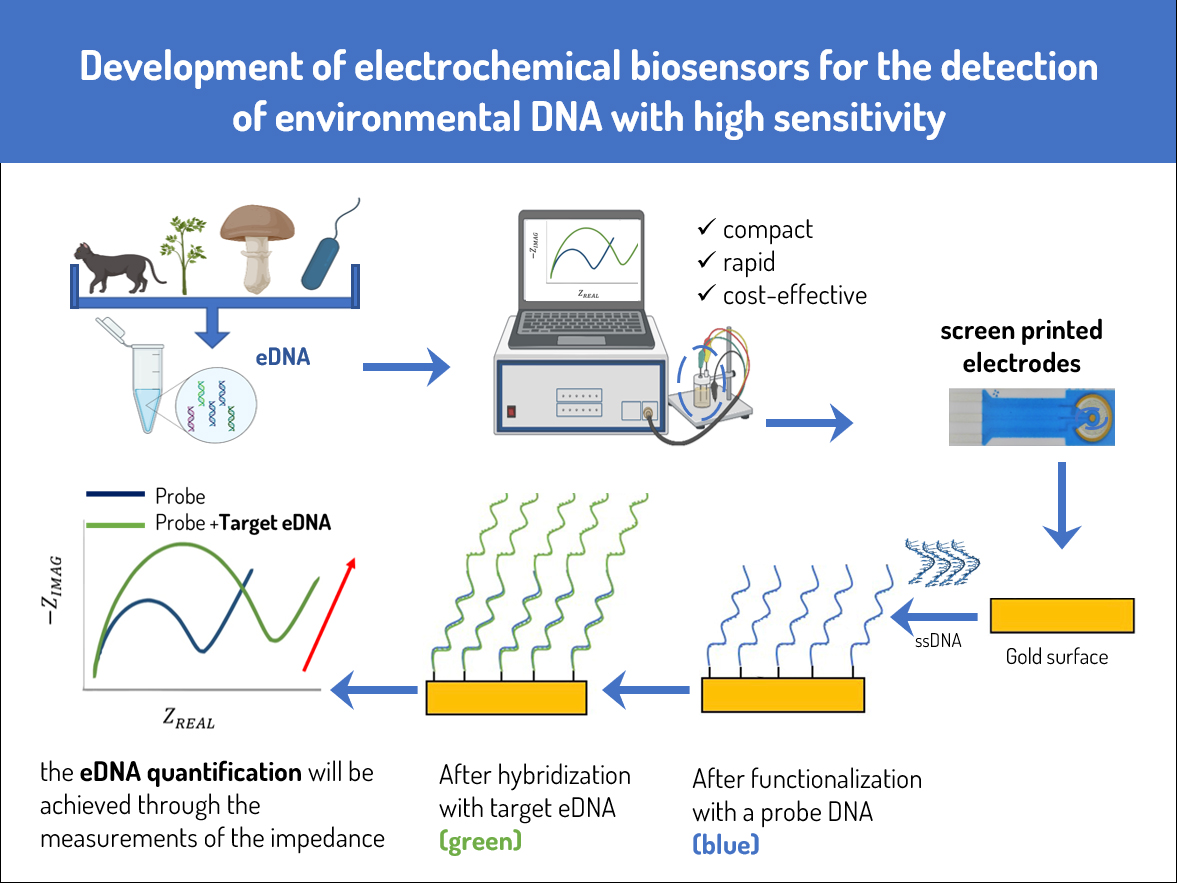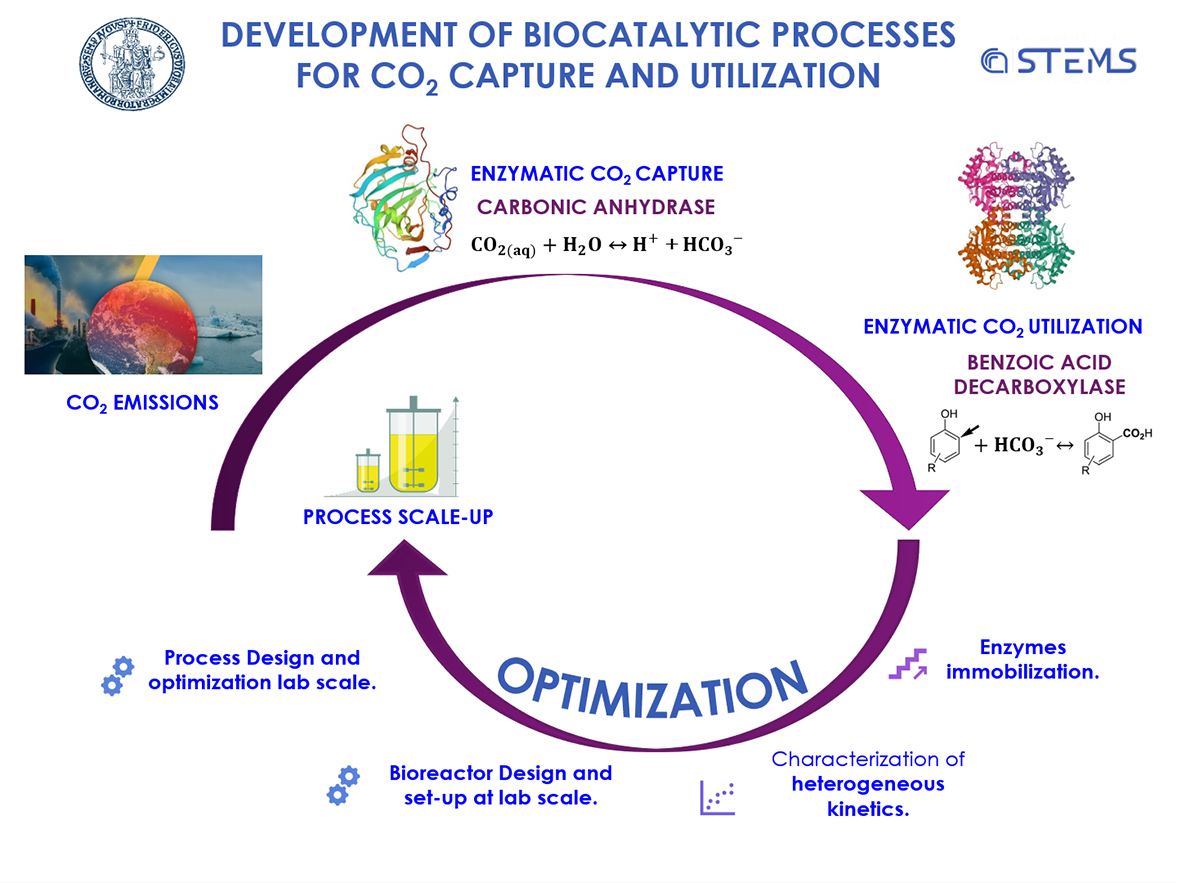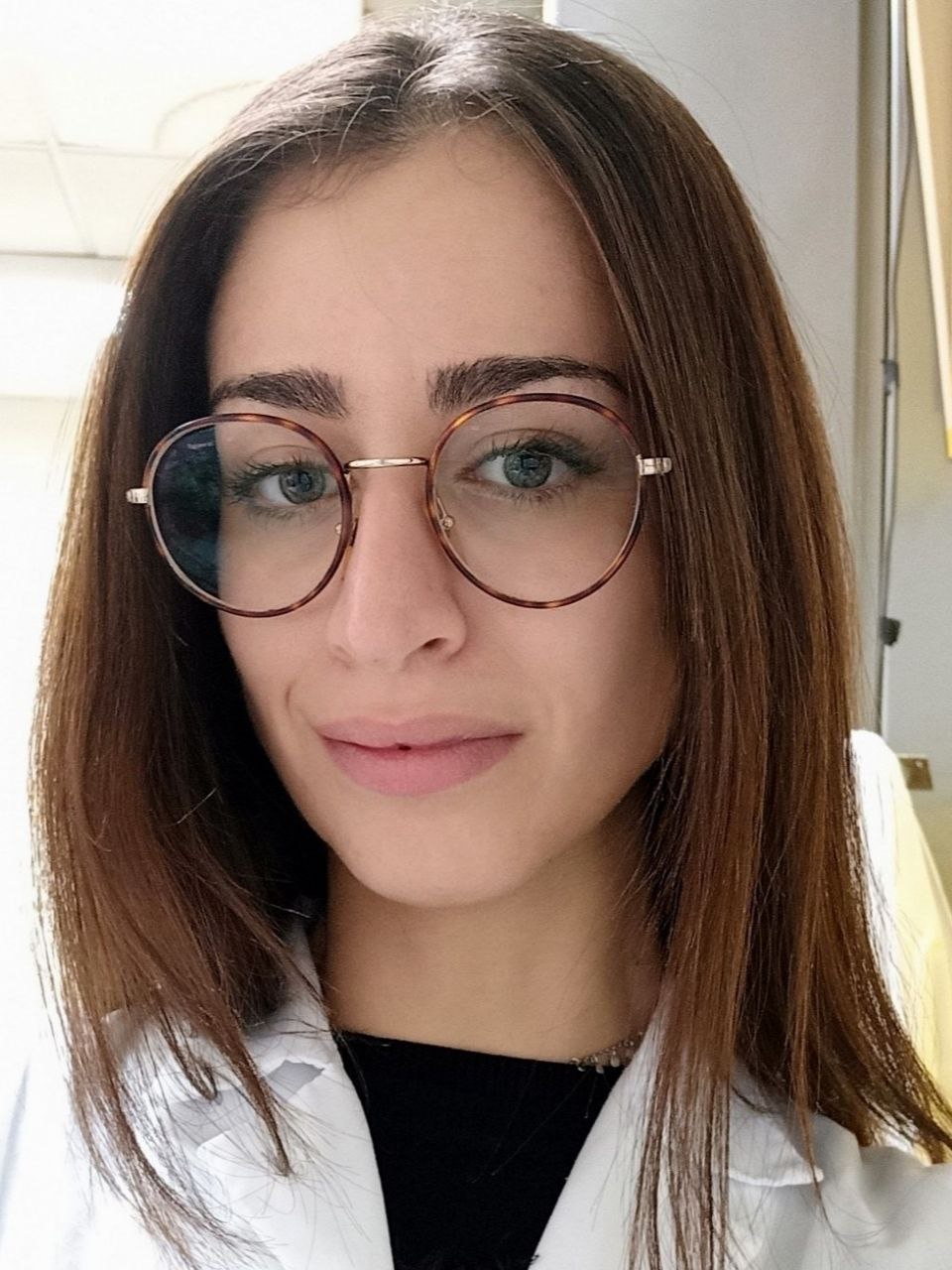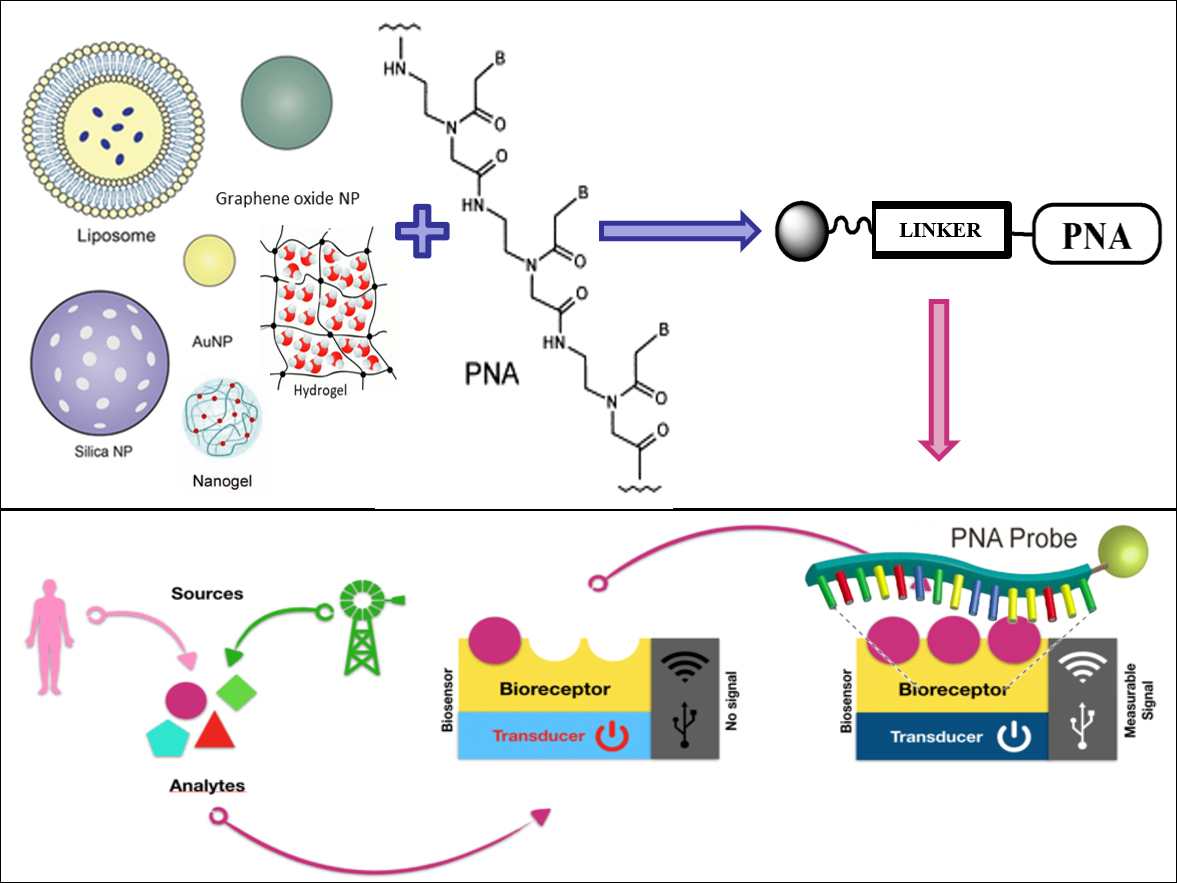The 38th PhD cycle in Biotechnology has started on Nov 1, 2022 and will end on Oct 31, 2025.
Marco Moracci (Coordinator)
Discovery, characterisation and engineering of carbohydrate-active enzymes from hyper(thermophilic) microorganisms for biocatalysis and biotransformation
Members of the Federico II University
Angela Arciello |
| Eugenio Notomista |
Viola Calabrò |
| Giorgia Oliviero |
Rosanna Capparelli |
| Ermenegilda Parrilli |
Gabriella Fiorentino |
| Francesco Pennacchio |
C. Valeria L. Giosafatto |
| Cinzia Pezzella |
Rachele Isticato |
| Alessandra Piscitelli |
Loredana Mariniello |
| Rosa Rao |
Antonio Marzocchella |
| Piero Salatino |
Daria Maria Monti |
| Maria Luisa Tutino |
Foreign members |
|
|
| ||
Educational Offer reserved to PhD students of the 38th cycle. (Courses provided to PhD students of the 38th cycle over three years)
Notices and communications from teachers will be published on the dedicated page (Notices)
________________________________________________________________________________________________________________________
- | ||||
| Student | Project |
| Tutor |
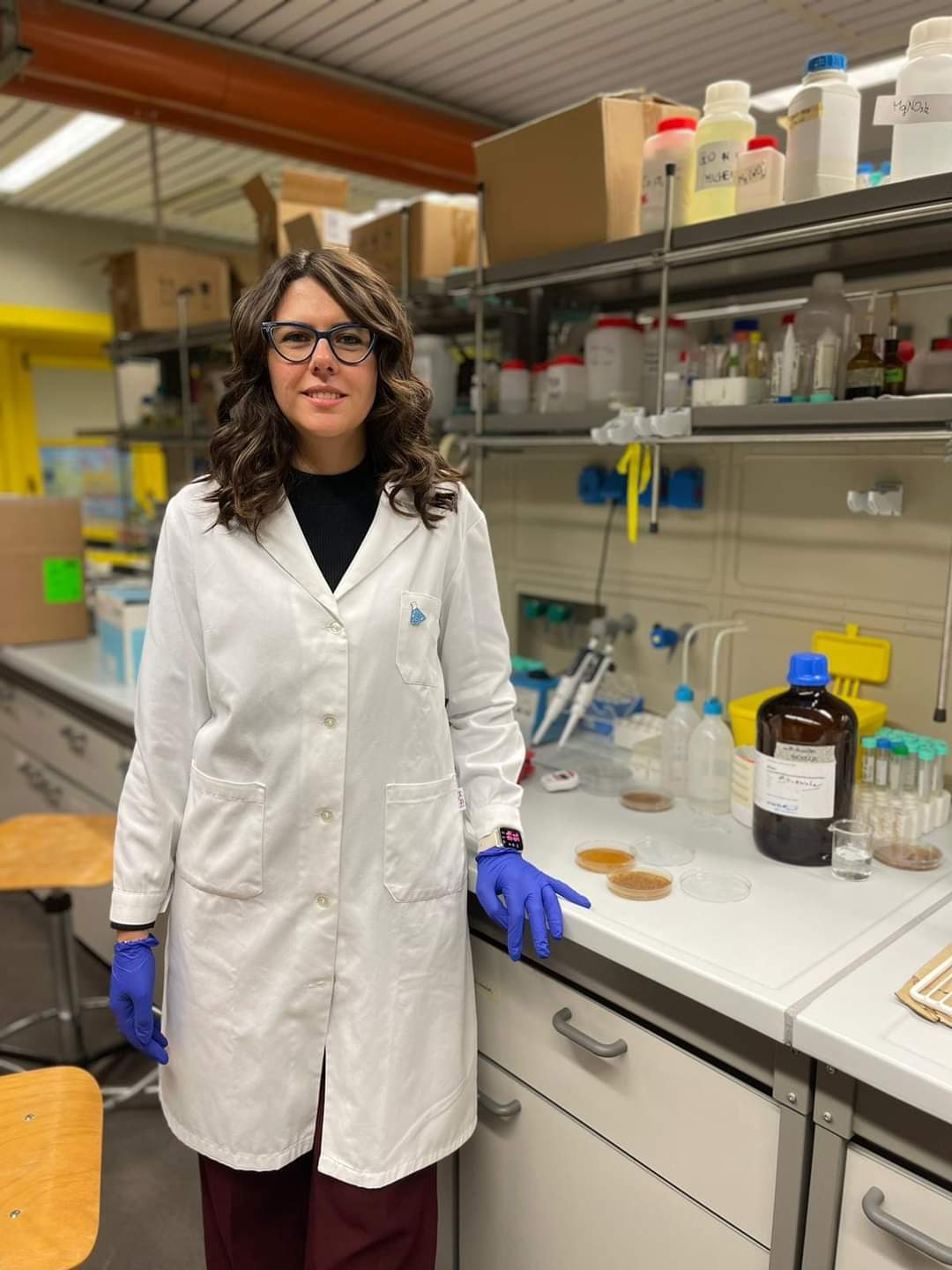 | Marika | Novel active packaging systems obtained from renewable sources | V. C.L. Giosafatto | |
| ||||
| Alfonso |
| F. Pennacchio, | |
| ||||
| Antonio | A natural nutraceutical-based strategy in management and prevention of neurodegenerative diseases |
| R. Capparelli, |
| ||||
 | Maria Grazia | G. Oliviero | ||
| ||||
| _ | ||||
| Ida |
| V. Calabrò, | |
| ||||
| Sara | Production of solvents and commodity chemicals via syngas fermentation |
| P. Salatino, |
| ||||
| Ivana | Extremophiles - green and eco-friendly compounds producers for Next Generation Industrial Biotechnology | R. Isticato | |
| This PhD scholarship is dedicated to the memory of Giulio Regeni | ||||
| ||||
| - | ||||
- | ||||
- | Positions granted by PNRR | |||
- | ||||
| Student | Project |
| Tutor |
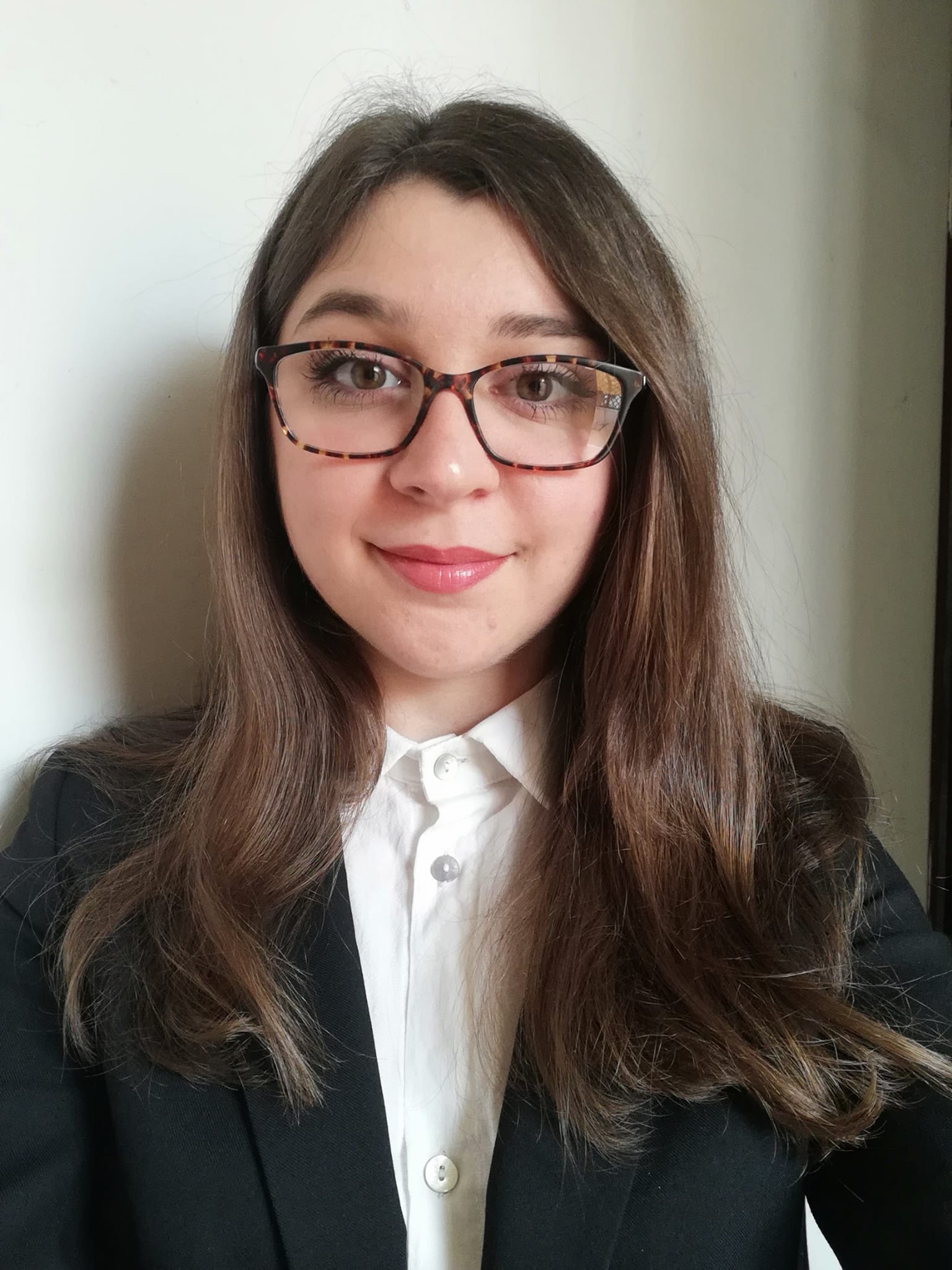 | Elena | A. Marzocchella | ||
| ||||
| Elisabetta | Design of bioprocesses for waste valorization into functional polyhydroxyalkanoates |
| C. Pezzella, |
| ||||
| Margherita |
| M. D. Monti, | |
| ||||
 | Erika | Development of optical biosensors for the detection of environmental DNA | R. Velotta, | |
| ||||
| _ | ||||
| Martina Chiara |
| R. Rao, | |
| ||||
| Tina |
| R. Velotta, | |
| ||||
| Marikagiusy | Development of biocatalytic processes for CO2 capture and utilization | A. Marzocchella, | |
| - |
| |||
| _ | ||||
| Sabrina |
| G. Oliviero, | |
| ||||
| _ | ||||
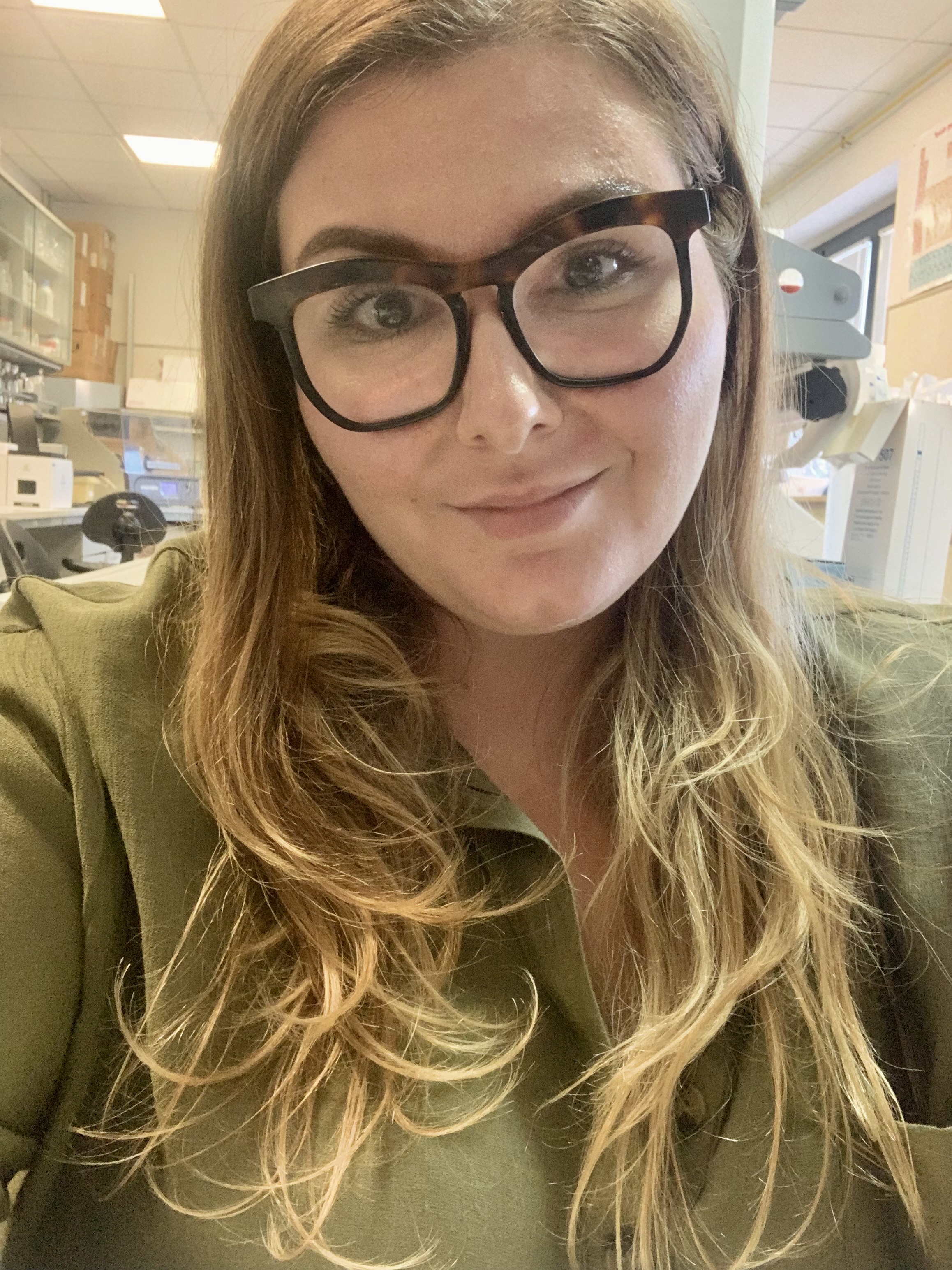 | Oriana Sacco | Identification, characterisation and modification of (hyper)thermophilic carbohydrate active enzymes and of new enzymes for biocatalysis and biotransformation processes | M. Moracci, B. Cobucci Ponzano | |
| - | ||||
| _ | 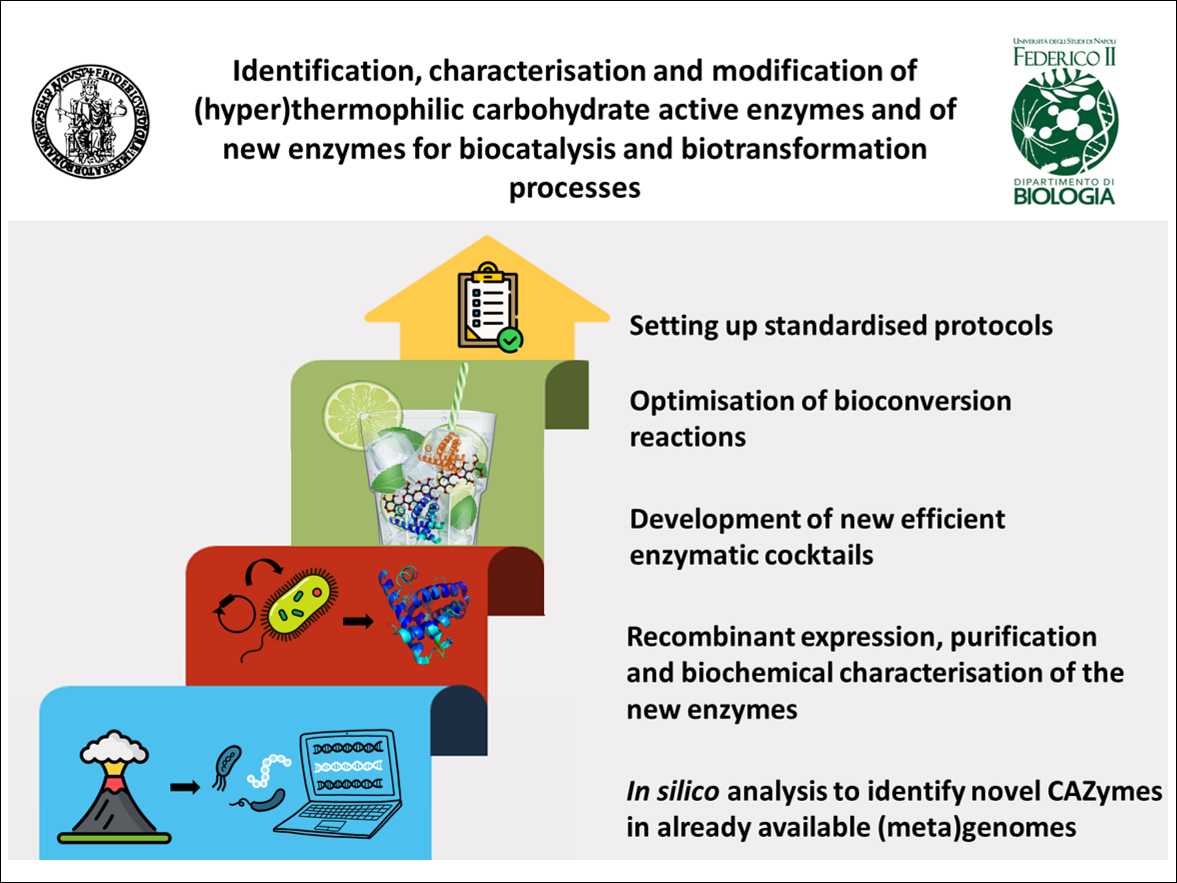 | |||
| _ _ | ||||
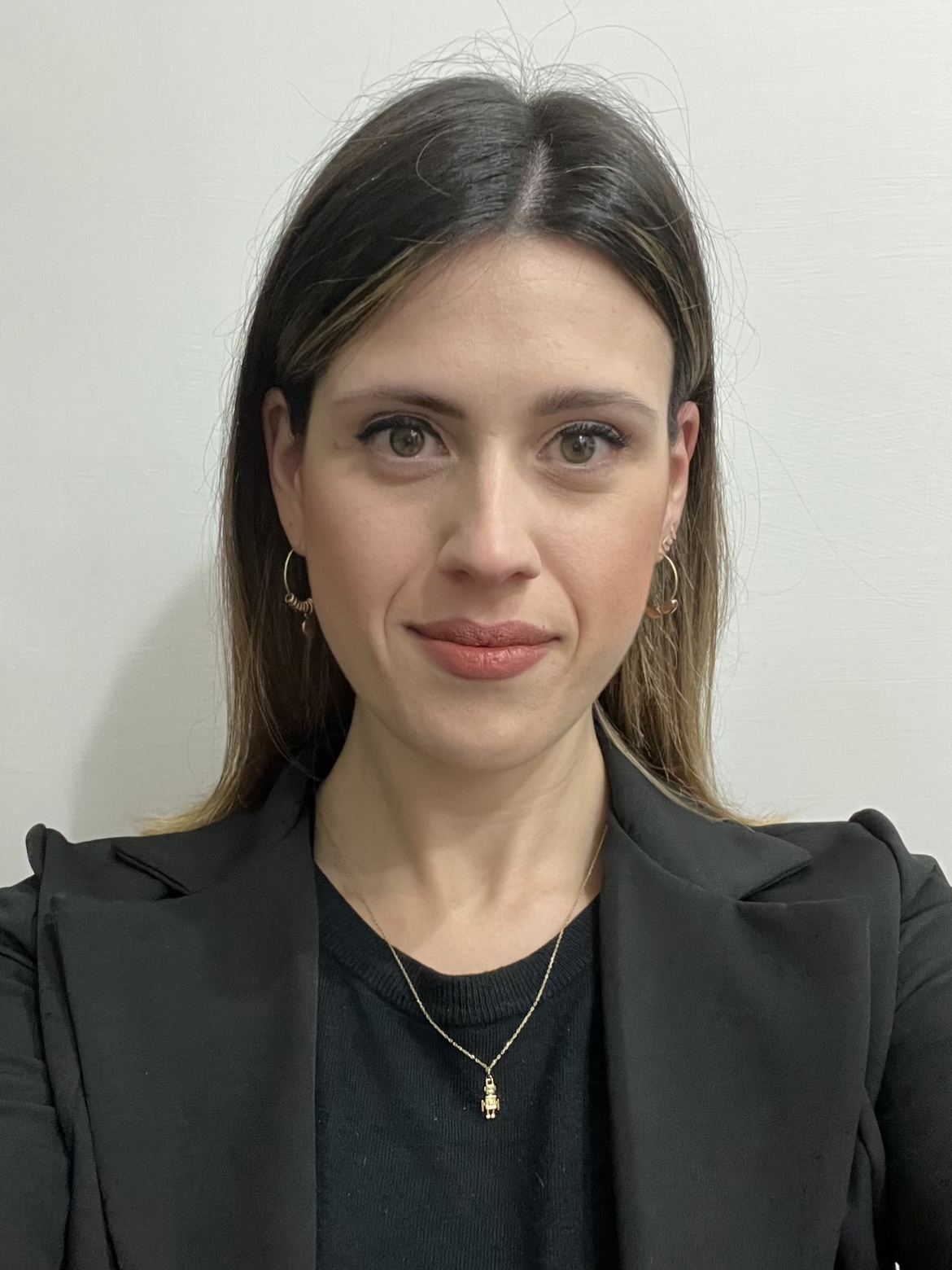 | Giovanna Schiavone | Analysis of plant Mother Tinctures: towards the characterization of new bioactive compounds in herbal extracts | D. M. Monti, M. M. Monti | |
| - | ||||
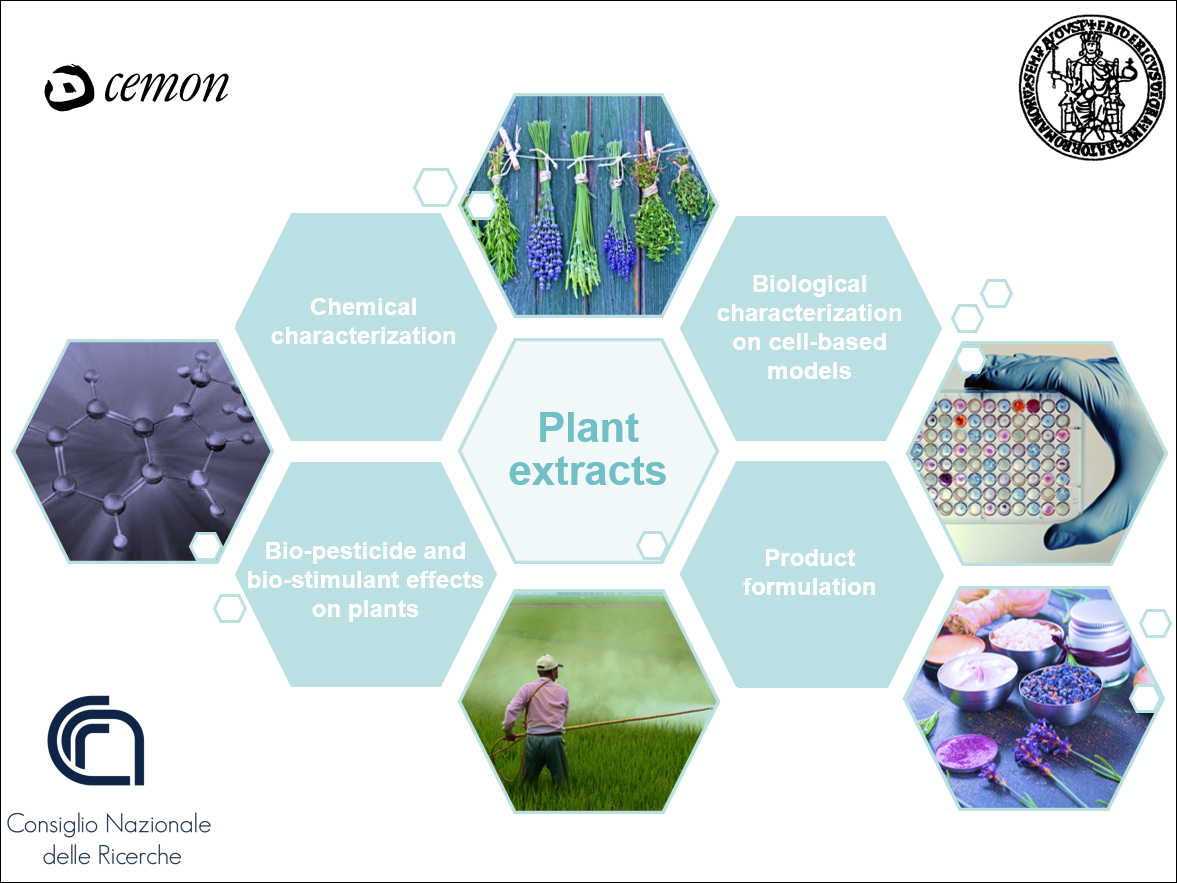 | ||||
| _ | ||||
| ________________________________________________________________________________________________________________________ | ||||
| - | ||||
| - | ||||
| - | ||||
| - | Marie Curie Schoolarship | |||
| - | ||||
| - | Student | Project | Tutor | |
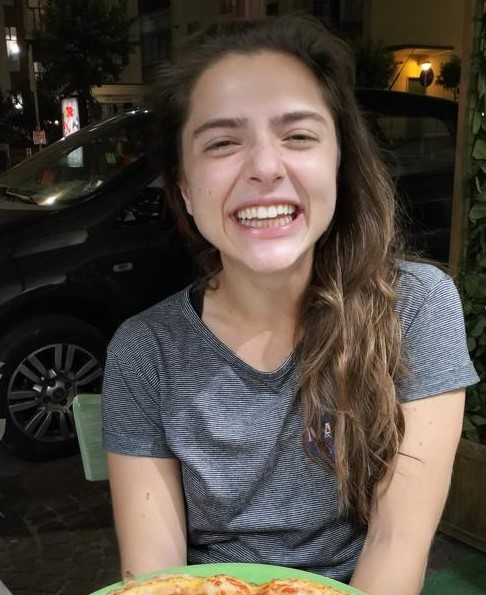 | Ana Clara Pelliciari Silva | The Microbiome of Shallow-Water Hydrothermal Vents: Metabolic Diversity, Biogeochemistry and Coevolution | D. Giovannelli | |
| - | ||||
| - | 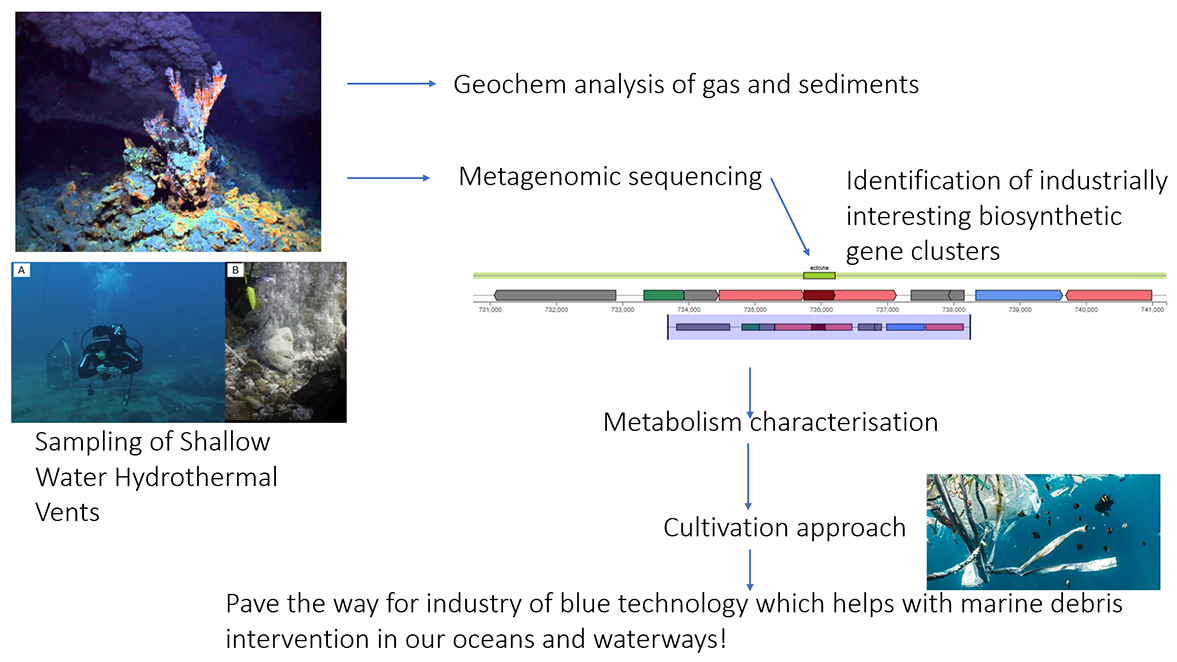 | |||
| - | ||||
________________________________________________________________________________________________________________________ | ||||
Papers published by students of cycle XXXVIII
Manufacture of active multilayer films made of functionalized pectin coated by polyhydroxyalkanoates: A fully renewable approach to active food packaging.
2023, Polymer, Vol. 281: 126136.
https://doi.org/10.1016/j.polymer.2023.126136
Giordano S, Gallo E, Diaferia C, Rosa E, Carrese B, Borbone N, Scognamiglio PL, Franzese M, Oliviero G, Accardo A.
Multicomponent Peptide-Based Hydrogels Containing Chemical Functional Groups as Innovative Platforms for Biotechnological Applications.
2023, Gels, Vol. 9: 903.
https://doi.org/10.3390/gels9110903
D'Aponte T, De Luca M, Saka? N, Schibeci M, Arciello A, Roscetto E, Catania MR, Iannotti V, Velotta R, Della Ventura B.
Rapid detection of Candida albicans in urine by an Electrochemical Impedance Spectroscopy (EIS)-based biosensor.
2023, Sens Diagn, Vol. 2: 1597–1604.
https://doi.org/10.1039/d3sd00209h
Zaheer A, D’Aponte T, Babar ZDU, Velotta R, Della Ventura B, Iannotti V.
One-Step Synthesis of Robust 2D Ti3C2-MXene/AuNPs Nanocomposite by Electrostatic Self-Assembly for ( Bio) Sensing.
2023, Eng Proc, Vol. 56: 227.
https://doi.org/10.3390/ASEC2023-15227
Paolillo I, Costanzo G, Delicato A, Villano F, Arena C, Calabrò V.
Light Quality Potentiates the Antioxidant Properties of Brassica rapa Microgreen Extracts against Oxidative Stress and DNA Damage in Human Cells.
2023, Antioxidants, Vol. 12: 1895.
https://doi.org/10.3390/antiox12101895
Corrado I, Argenziano R, Borselleca E, Moccia F, Panzella L, Pezzella C.
Cascade disassembling of spent coffee grounds into phenols, lignin and fermentable sugars en route to a green active packaging.
2024, Sep Purif Technol, Vol. 334: 125998.
https://doi.org/10.1016/j.seppur.2023.125998
Gallo E, Diaferia C, Giordano S, Rosa E, Carrese B, Piccialli G, Borbone N, Morelli G, Oliviero G, Accardo A.
Ultrashort Cationic Peptide Fmoc-FFK as Hydrogel Building Block for Potential Biomedical Applications.
2024, Gels, Vol. 10: 12.
https://doi.org/10.3390/gels10010012
Corrado I, Borselleca E, Dal Poggetto G, Staiano I, Alfieri ML, Pezzella C.
Exploitation of cardoon roots inulin for polyhydroxyalkanoate production.
2024, Ind Crops Prod, Vol. 214: 118570.
https://doi.org/10.1016/j.indcrop.2024.118570
Avitabile M, Mirpoor S F, Esposito S, Merola G, Mariniello L, Patanè GT, Barreca D, Giosafatto CVL.
Manufacture of Bioplastics Prepared From Chitosan Functionalized with Callistemon citrinus Extract.
2024, Polym, Vol. 16: 2693.
https://doi.org/10.3390/polym16192693
Avitabile M, Aleksov A, Giosafatto CVL, Restaino OF, Lesjak M,Zivanovic N, Mariniello L, Simin N.
Pectin-Based Bioplastics Functionalized with Polyphenols from Rose Oil Distillation Wastewater Exhibit Antioxidant Activity.
2024, BioMacromol, Vol. 25: 7695-7703.
https://doi.org/10.1021/acs.biomac.4c00944



